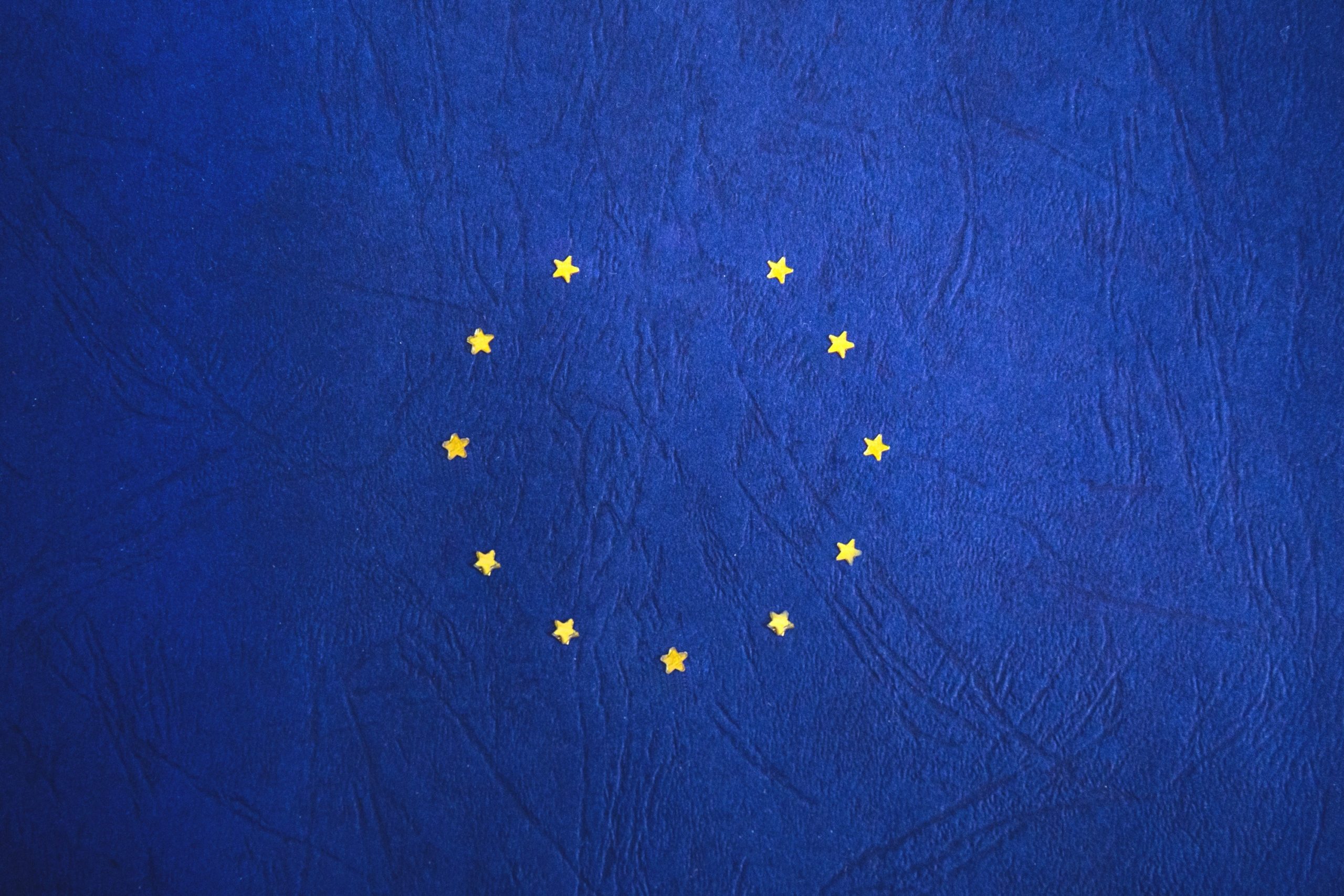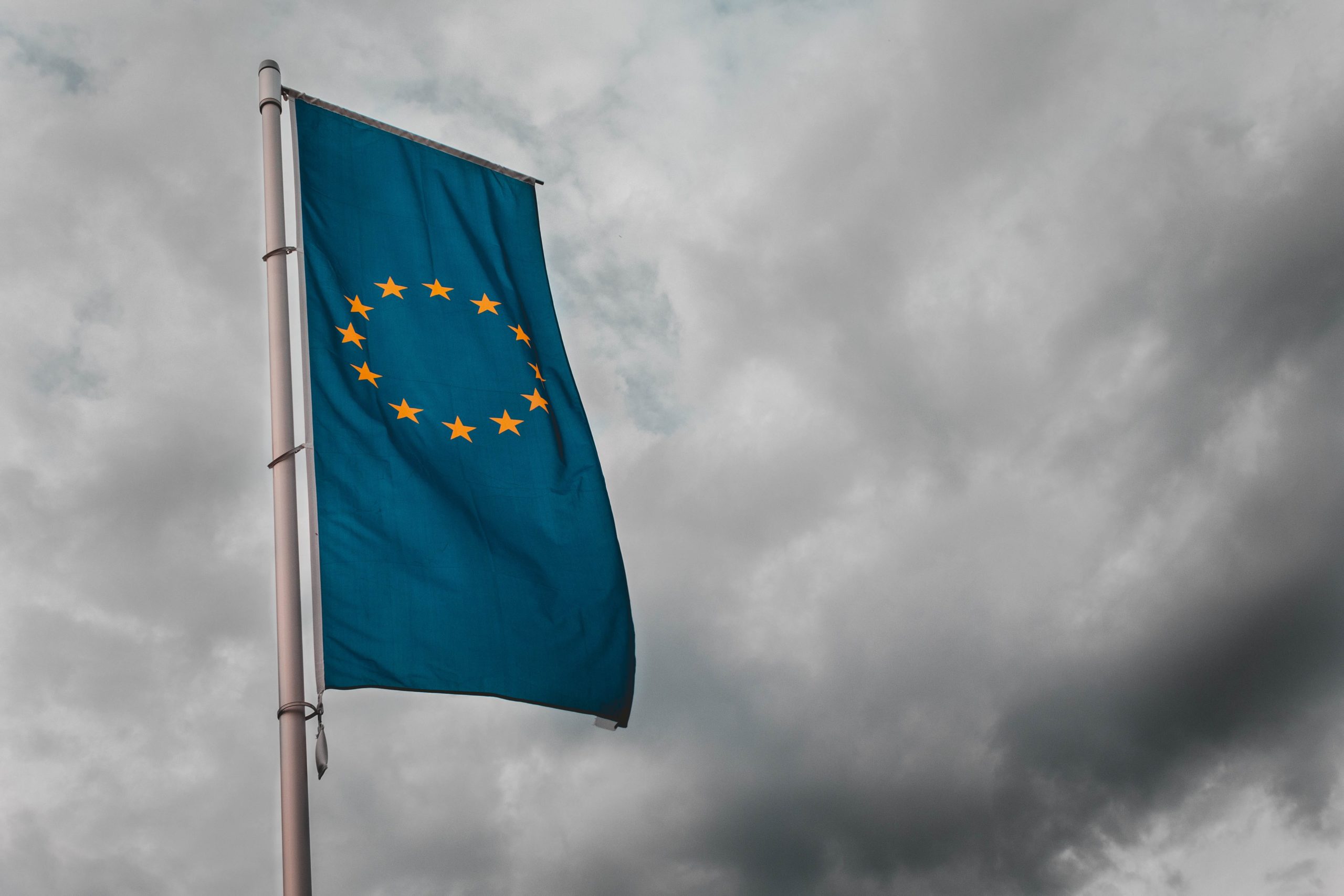
December 21, 2020
Vaccinated? Show Us Your App
[#DataProtection #vaccinations #covid #covid19apps]
“Covid-19 health pass apps could help reopen businesses and restore the economy.
[…] In the coming weeks, major airlines including United, JetBlue and Lufthansa plan to introduce a health passport app, called CommonPass, that aims to verify passengers’ virus test results — and soon, vaccinations.
[…]The advent of electronic vaccination credentials could have a profound effect on efforts to control the coronavirus and restore the economy. They could prompt more employers and college campuses to reopen. They may also give some consumers peace of mind, developers say, by creating an easy way for movie theaters, cruise ships and sports arenas to admit only those with documented coronavirus vaccinations.”
To read more: Click here

ICO Enforcement – Pension House Exchange Limited
[#PERC #eprivacy #DataProtection #ico #unsolicitedcalls #directmarketing #fines]
“The Information Commissioner’s Office (ICO) has fined Pension House Exchange Limited £45,000 for making 39,722 connected unsolicited calls for the purposes of direct marketing in relation to occupational pension schemes or personal pension schemes contrary to regulation 21B of PECR.”
To read more: Click here

Data Protection Commission announces decision in Twitter inquiry
[#DataProtection #dpc #twitter #fines #edpb]
Breaking News: The Irish Data Protection Commission fines Twitter EUR 450,000 for failure to notify a data breach on time and for failure to adequately document the breach.
“The Data Protection Commission (DPC) has today announced a conclusion to a GDPR investigation it conducted into Twitter International Company. The DPC’s investigation commenced in January, 2019 following receipt of a breach notification from Twitter and the DPC has found that Twitter infringed Article 33(1) and 33(5) of the GDPR in terms of a failure to notify the breach on time to the DPC and a failure to adequately document the breach.
[…]The draft decision in this inquiry, having been submitted to other Concerned Supervisory Authorities under Article 60 of the GDPR in May of this year, was the first one to go through the Article 65 (“dispute resolution”) process since the introduction of the GDPR and was the first Draft Decision in a “big tech” case on which all EU supervisory authorities were consulted as Concerned Supervisory Authorities.“
Find the full decision here: https://lnkd.in/ehThMQQ
To read more: Click here

Exclusive-Facebook to move UK users to California terms, avoiding EU privacy rules
[#DataProtection #Brexit #GDPRandBrexit #UKUSdatatransfers #dataflow #UKBrexit]
In addition, the U.S. Cloud Act, passed in 2018, set a way for the UK and United States to more easily exchange data about cloud computing users.”
To read more: Click here

Podcast – Brexit : qu’est-ce qui change pour le RGPD?
[#UKGDPR #Article27RGPD #podcastRGPD]
To read more: Click here

Investors in breached software firm SolarWinds traded $280 million in stock days before hack was revealed
[#cybersecurity #computersecurity #informationtechnology #cyberattack #technology]
The timing of the trades raises questions about whether the investors used inside information to avoid major losses related to the attack. SolarWinds’s share price has plunged roughly 22 percent since the company disclosed its role in the breach Sunday night.
[…]It’s unknown when SolarWinds’s executives and insiders first learned of the hack. But a former enforcement official at the U.S. Securities and Exchange Commission and an accounting expert both said the trades would likely spark an investigation by federal securities watchdogs into whether they amounted to insider trading.”

‘We are a prime target,’ Schinas says, as Commission strives to bolster cyber resilience
[#EU #EuropeanCommission #NISDirective #cyberdefense #security #cyberattack #technology]
Unveiling a raft of new measures to bolster cybersecurity in the EU on Wednesday (16 December), Commission Vice-President Margaritis Schinas said that there are many ill-intentioned actors in the cyber domain who wish to inflict harm on the bloc.
[…] Under the revised NIS Directive, certain ‘essential and important entities’ across critical public and private sectors such as hospitals, energy grids, railways, data centres, public administrations, research labs and manufacturing of critical medical devices and medicines, will be obliged to adopt appropriate cybersecurity risk management measures as well as new reporting obligations.
Failure to do so could result in fines of a maximum of €10m or up to 2% of the total worldwide annual turnover in the preceding financial year, whichever is higher.”

